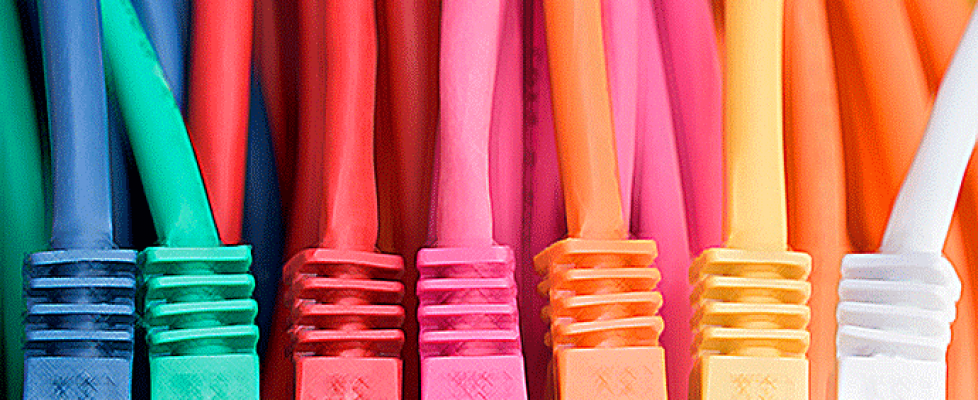Will FCC’s Emergency Broadband Benefit Program Boost Telehealth?
A $3.2 billion program spun out of the Consolidated Appropriations Act of 2021 aims to help low-income and underserved communities gain access to broadband services – and make it easier to access telehealth.
January 29, 2021 – The Federal Communications Commission will hold a round-table discussion next month on a new program designed to help underserved households improve broadband access for telehealth and other services.
The Emergency Broadband Benefit Program, part of the Consolidated Appropriations Act of 2021 that then-President Donald Trump signed in late 2020, sets aside $3.2 billion for the program, which aims to expand broadband and connected health resources during the coronavirus pandemic.
“The hard truth is that the cost of broadband service can be difficult for many families, especially those struggling financially in the ongoing pandemic,” FCC Acting Chairwoman Jessica Rosenworcel said in a press release. “We need to fix this, and this program promises to help ease the burden so families can access the telehealth, online learning and job opportunities that are essential to daily life.”
Federal support for expanding broadband access – long considered one of the biggest barriers to telehealth adoption in rural and underserved areas – is one of the few bright spots for connected health in recent months. Neither the Centers for Medicare & Medicaid Services’ 2021 Physician Fee Schedule nor the latest relief bill went as far as many had hoped in promoting telehealth access and coverage beyond the COVID-19 crisis.
The FCC, meanwhile, recently announced the first 14 award recipients for the $100 million Connected Care Pilot Program, which aims to improve broadband connectivity for telehealth and mHealth programs in underserved parts of the country. And at next month’s board meeting the commission is scheduled to discuss plans for the re-launch of the COVID-19 Telehealth Program, the CARES Act program that ran out of its $200 million budget last July and was given almost $250 million in the relief bill to keep going this year.
Next month’s round-table, organized by the FCC’s Wireline Competition Bureau, will gather advice on the new program, “through which eligible households may receive a discount off the cost of broadband service and certain connected devices during an emergency period relating to the COVID-19 pandemic, and participating providers can be reimbursed for such discounts.”
According to the FCC, through the program, eligible providers will offer eligible households a monthly discount of up to $50 ($75 on Tribal lands) for internet connectivity and associated equipment. They may also supply eligible households with a desktop computer, laptop, tablet or other connected device for use during the public health emergency, at a reimbursable cost of up to $100.
Rural, remote and underserved populations often have problems accessing telehealth because they don’t have reliable broadband and/or lack the resources to acquire the necessary technology, and healthcare providers won’t see success in those parts of the country if they don’t have a reliable platform on which to deliver care.

